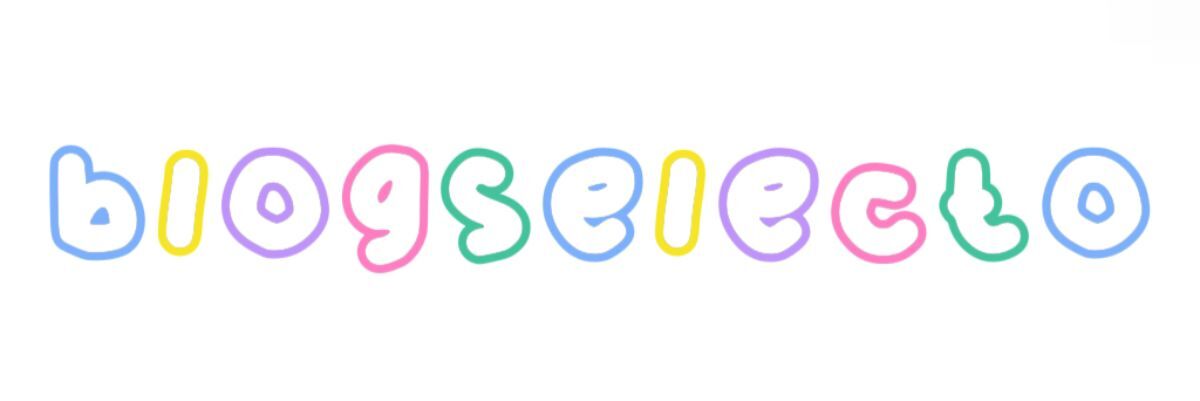Ion Chromatography vs. Traditional Methods: Which is Better?
In the world of analytical chemistry, the choice of technique can significantly impact results. One popular method for separating ions is ion chromatography. This technique is changing the landscape of chemical analysis, especially when compared to traditional methods.
If you are looking for more details, kindly visit Ion Chromatography applications.
Understanding Ion Chromatography
Ion chromatography (IC) is a powerful technique for analyzing anions and cations in various samples. It works by separating ions based on their charge and affinity for a stationary phase. As a result, it provides precise and reliable data. This makes IC particularly valuable in industries like environmental testing, water quality assessment, and food safety.
Advantages of Ion Chromatography
Enhanced Sensitivity
One of the key advantages of ion chromatography applications is its sensitivity. IC can detect ions at low concentrations. This is essential in fields like pharmaceuticals, where even trace amounts can impact product safety.
Increased Efficiency
Ion chromatography is highly efficient. Traditional methods often require lengthy sample preparation and validation. IC streamlines this process. Analysts can obtain results in less time, which is crucial in fast-paced industries.
Versatility
Another strong point is versatility. Ion chromatography can analyze a wide variety of ions. Whether you need to assess phosphates, nitrates, or heavy metals, IC can handle it all. This adaptability makes it a preferred choice for many laboratories.
Comparing IC to Traditional Methods
Time and Resource Management
Traditional methods, such as titration or spectrophotometry, require more time and manual intervention. These methods can also consume more reagents, leading to increased costs. In contrast, ion chromatography reduces both time and resource expenditures, making it a more efficient option.
Precision and Accuracy
While traditional methods have their strengths, they sometimes fall short in precision. Human error can lead to inconsistencies in results. Ion chromatography minimizes this risk through automation and advanced detection technologies, ensuring accurate readings every time.
Practical Applications of Ion Chromatography
Environmental Monitoring
One significant area where ion chromatography shines is environmental monitoring. It effectively analyzes pollutants in water and soil. Governments and organizations rely on IC for accurate data to implement regulations and improve public health.
Food and Beverage Industry
The food industry benefits immensely from ion chromatography applications. It is used to test for specific ions that could affect food quality. This ensures that consumers receive safe products free from harmful substances.
Conclusion: Choosing the Right Method for Your Needs
When deciding between ion chromatography and traditional methods, consider your specific requirements. If sensitivity, efficiency, and versatility are priorities, IC is the clear winner. Traditional methods have served their purpose over the years, but the evolution of analytical techniques points toward a brighter future with ion chromatography.
As industries continue to evolve, the demand for accurate and timely data will grow. Ion chromatography stands ready to meet these needs, driving innovation and improvements in several sectors. Ultimately, the choice will depend on factors like project scope, available resources, and desired results. Opting for ion chromatography is a step toward ensuring precision and reliability in your analytical processes.
In conclusion, embracing ion chromatography can lead to better outcomes in analysis. Its numerous advantages make it a vital tool for today’s researchers and organizations. The future of analytical chemistry looks promising with ion chromatography at the forefront of innovation. With its ability to provide rapid and reliable results, IC is indeed a game-changer in the field.
Want more information on Sample Concentrator? Feel free to contact us.


